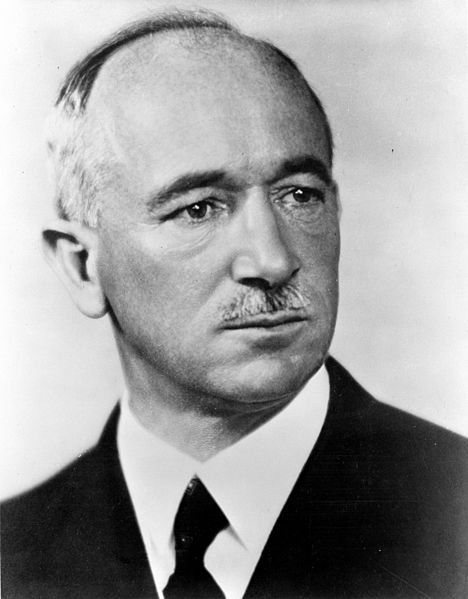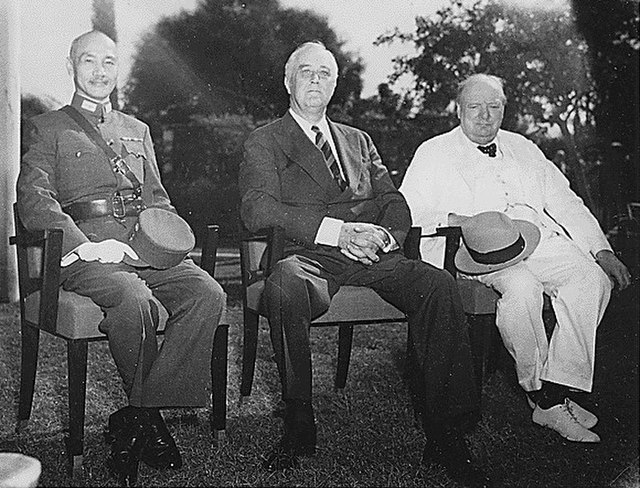Czechoslovak government-in-exile
The Czechoslovak government-in-exile, sometimes styled officially as the Provisional Government of Czechoslovakia, was an informal title conferred upon the Czechoslovak National Liberation Committee, initially by British diplomatic recognition. The name came to be used by other Allied governments during the Second World War as they subsequently recognised it. The committee was originally created by the former Czechoslovak President, Edvard Beneš in Paris, France, in October 1939. Unsuccessful negotiations with France for diplomatic status, as well as the impending Nazi occupation of France, forced the committee to withdraw to London in 1940. The Czechoslovak Government-in-Exile offices were at various locations in London but mainly at a building called Fursecroft, Marylebone.
Edvard Beneš
The Czechoslovak 11th Infantry Battalion fighting alongside Poles and Australians at the Siege of Tobruk
Czechoslovak troops in London
Troops from the 1st Czechoslovak Armoured Brigade, part of the British army, photographed in De Panne in 1945
The Allies, formally referred to as the United Nations from 1942, were an international military coalition formed during World War II (1939–1945) to oppose the Axis powers. Its principal members by the end of 1941 were the "Big Four" – United Kingdom, United States, Soviet Union, and China.
The Allied leaders of the European theatre (left to right): Joseph Stalin, Franklin D. Roosevelt and Winston Churchill meeting at the Tehran Conference in 1943
The Allied leaders of the Asian and Pacific Theater: Generalissimo Chiang Kai-shek, Franklin D. Roosevelt, and Winston Churchill meeting at the Cairo Conference in 1943
French postcard illustrating the alliance between Poland, France and the United Kingdom (1939)
"Long live the victory of the Anglo-Soviet-American military alliance!" – USSR stamp of 1943, quoting Stalin








